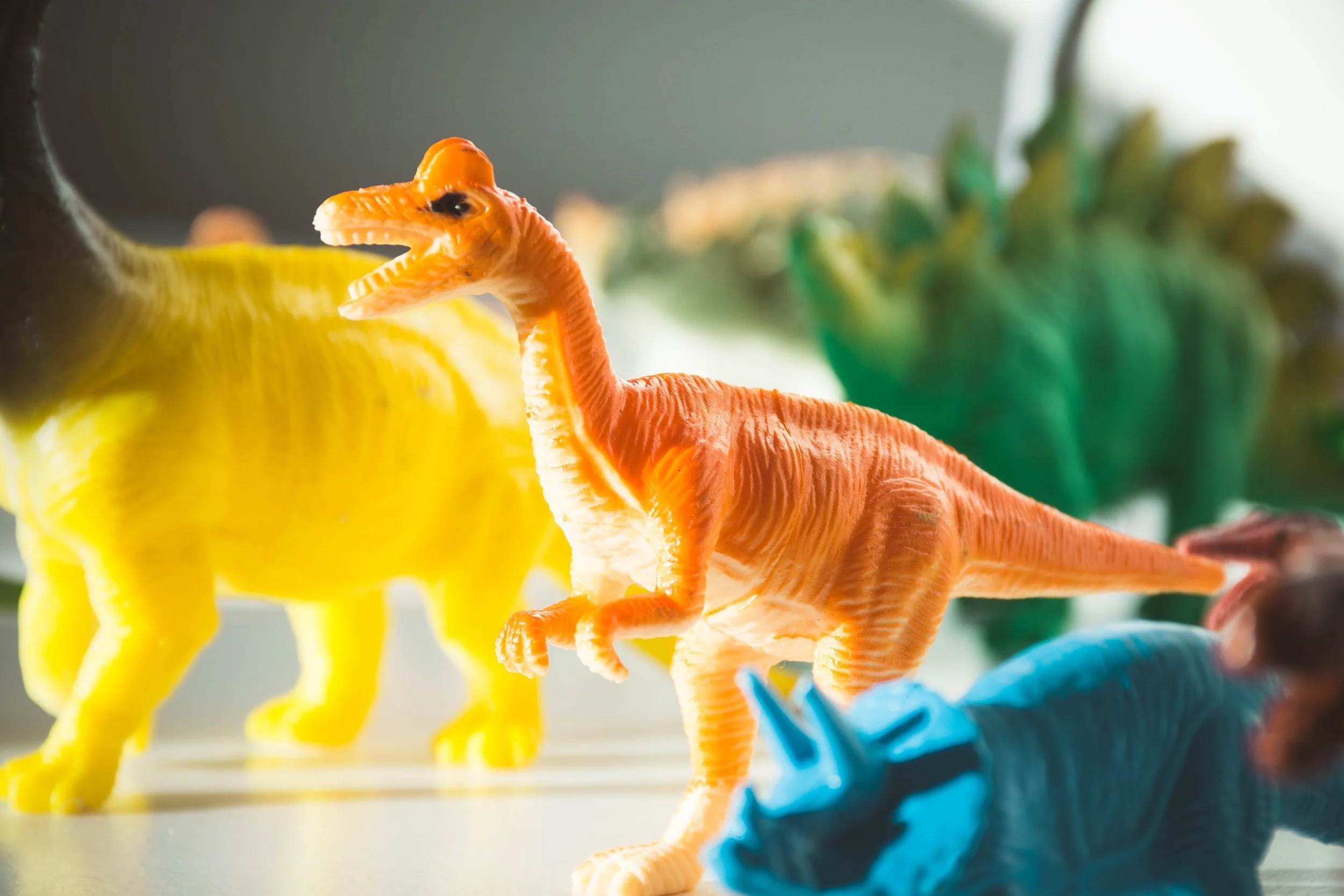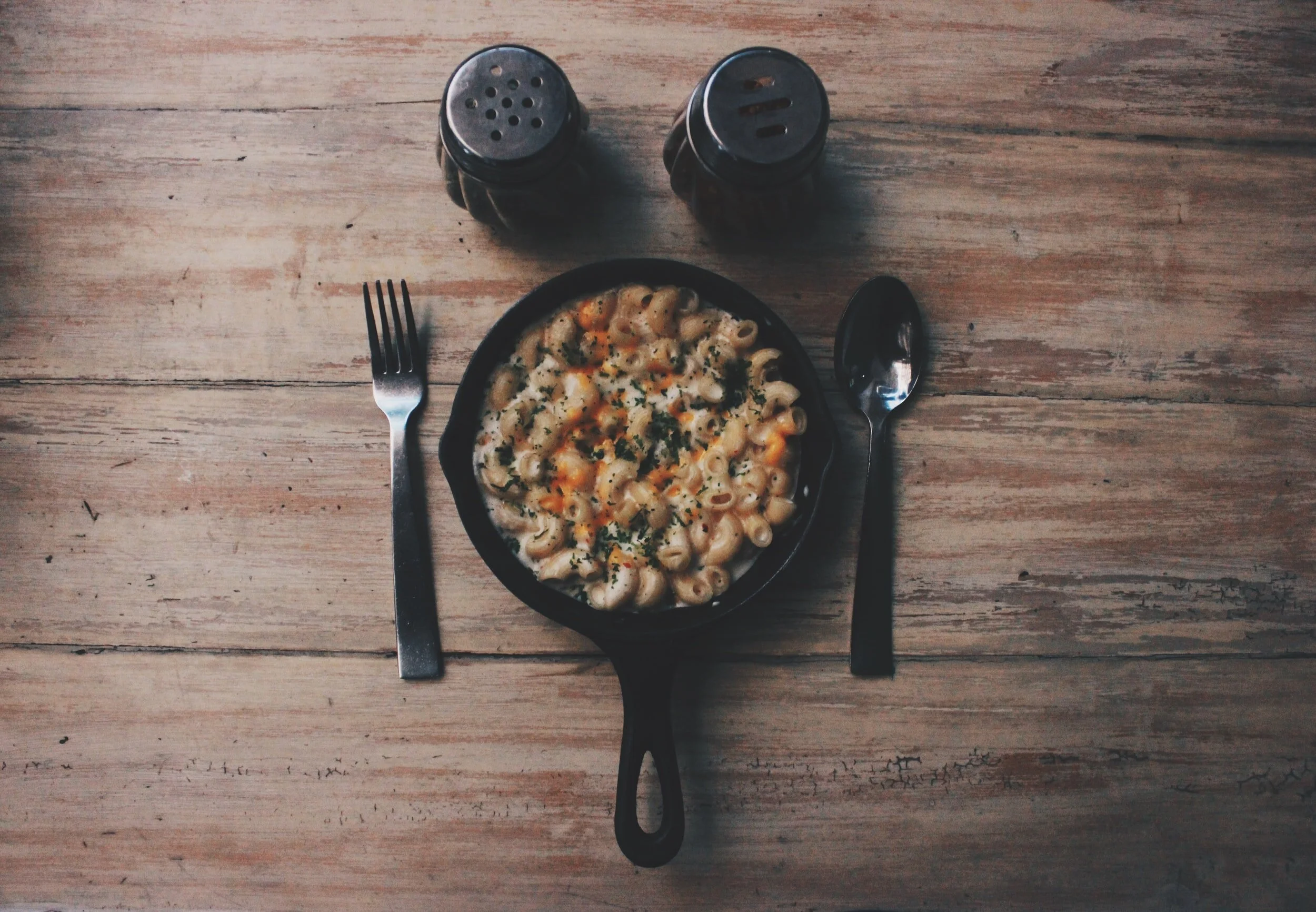The Hypnotic Danube
I am standing in front of the microwave with its door open, ready to insert the bag of popcorn I’ll have for dinner. As I reach for the bag, I hear the lush opening notes of “The Blue Danube Waltz” by Johann Strauss. My body freezes, immobilized as if zapped by some 1950s, paralyzing ray gun. Before I can turn around to see if it’s an ad on TV, my eyes puddle up. As if in a trance, I visualize my grandmother, my Nana, sitting at an upright piano, her back to me. As she plays the infectious tune, she sways back and forth. Her hair, piled high on her head in an aristocratic style, defies gravity even as it threatens to topple. It takes about eight bars for me to realize what’s happening, and I am inevitably stunned by the purely Pavlovian response, no matter how many times I’ve heard that commercial.
That airy waltz and those sweeping rhythms in three-quarter time belong to only her, a woman who died more than sixty years ago. The quick tears and shallow breath make it seem like it was last week. How did she make such an indelible impact and what exactly was it?
Looking back, I realize I hardly knew her. Our bond was based on behaviors, her caring for me. When she lived with us in our two-bedroom house in suburban Los Angeles before my brother was born, she would take me on the Big Blue Bus to Palisades Park where I’d climb on the ancient cannon. We had glorious adventures together out in the world. Still, she’d be quick to correct my grammar, prohibiting even mild profanity. “Gads” sounded too much like “God” to her, totally unacceptable. I was five.
She ordered jars of marmalade from her native England that took forever to arrive. She would reward me with her favorite kind of hard candy, Barley sugar, that was only made there.
During the daytime, she baked tarts and scones. In the afternoon, she stopped everything for tea. Because of her influence, I acquired a taste for raw dough but, alas, not her baking skills.
She frowned as I grabbed a handful of dough. “Don’t eat too much of that, dear. You’ll make yourself sick.” When her back was turned, I took a smidge more. She pretended not to notice.
When she moved an hour away to live with my aunt, my mother said it was because my brother’s birth meant we had no room for her. But I suspected it was more than that. Nana had begun throwing up often in our only bathroom and forgetting to clean it up. My mother’s disgust grew in intensity. I wondered why she wasn’t more worried.
Yet, when I’d visit Nana in South Pasadena, there wasn’t much tension. My parents would leave me there for a week or longer when they went on vacation. Nana and I were alone all day long, my aunt Mimi having gone off to work at her health food business. I sensed Nana and her eldest daughter didn’t always get along. Both were a little high strung, as my mother might say. Nana referred to Mimi by her “given name,” Muriel. Mimi called her mother by her first name, her youthful nickname, Polly. Later, I understood it to be a symptom of their mutual emotional disengagement.
Nana didn’t talk much but, as I was to learn later, none of the Osbornes did. All of them had some traces of a British accent, a distinctive vocal cadence, and a staid demeanor. I never saw her read anything; she preferred listening to the radio or soap operas popular in the early 1950s. When I got bored, I’d try to get her attention. I’d amble over to her upholstered chair, situated in the center of the living room.
“Nana? Ya wanna play Fish?”
“Yes, dear. The cards are in the drawer in the sun room.”
Nana was always formal in thought, word, and deed; she dressed each day as if she were going somewhere special. Though not obese, she was solidly built and trussed in by a corset, her long, whitish hair kept under control with a hairnet and plethora of hair pins. When she’d lumber by, she left behind the smell of lavender and face powder. In all my time with her, I remember no roar of laughter, no teasing, no inside jokes, and most certainly, no rough-housing. We touched only with a gentle hug when I arrived and another when I left to go home. And yet, there was warmth, a caring in her own way. I couldn’t identify the reasons, but I sensed this was someone who loved me deeply.
By early afternoon on those hot and sticky South Pasadena summer days, I’d ask her for a nickel so I could buy a soda at the Richfield gas station down the block.
“You can get it out of my pocketbook upstairs, dear.”
She never asked how long I’d be gone, where else I might stop (as in the big and forbidden Arroyo Seco park just across a busy street), or even if I actually bought that orange Nehi. When I’d arrive back at the two-story, wooden Arts and Crafts house, she’d be asleep in her chair. When she awakened, she would smile as she saw me reading a comic book or coloring, quiet and eager to engage her again.
Sometimes, on good days, I could persuade her to play the piano for me. Like most kids of that age, I had taken lessons but didn’t want to hear myself play. That was too much like practice. She sat down with great deliberation and selected the music. I’m sure she played many songs out of her bound music book, always following the notes carefully. But I would grow impatient.
“Play Danube?”
Without taking her eyes off the music, she would correct me. “Please play ‘The Blue Danube.’”
“Please play ‘The Blue Danube.’”
“Again? Aren’t you tired of that?
“No, no. Please.”
And, of course, she couldn’t resist the allure of such an appreciative fan. Did I dance around the room or did I listen raptly? I don’t remember. All that comes to mind is the musical call-and-response of the melody, its hypnotic main theme engraining itself into my heart.
I am embarrassed now to admit I never asked her anything about herself, but kids didn’t interrogate adults back then, at least not in my family. I knew she had given birth to nine children, the last being my father. And I knew she had left her husband behind in her native England where my father had been born. But it wasn’t until decades later that I discovered she had rolled bandages for the British troops during World War I, and she had been involved in a drapery business that had a license to sell goods to the queen. Is that how she developed her regal demeanor? Her husband had been a seaman like many of his forebears, out to sea for long periods of time, which may have been a relief to her.
What impressed me most was that she sailed to the United States on her own with all but two of her children in what looked like an uncomfortable and dangerous crossing. Women didn’t do independent things like that. She was able to purchase a large two-story house for her family in Cleveland, Ohio, a place she had never visited. But I no longer saw traces of that gutsy, independent woman. In South Pasadena, it was like she was under house arrest.
When I was ten or so, my cousin Nancy, who had been orphaned in Ohio, was taken in by Mimi and subsequently adopted. Inevitably, the tone of my visits changed. There was no longer time alone with Nana. She became the stern, supervising adult while Nancy and I played on the living room floor or watched TV. There seemed to be more conflict, more rules.
“Don’t bring those geraniums in here.”
“They’re just garden clippings, Nana. We didn’t hurt the flowers. They’re our jungle for the soldiers.”
“Put down a newspaper first and be sure you clean it all up.”
She’d silently huff and puff when we didn’t do a good enough job. Then, she started having strokes.
There were phone calls in the middle of the night. My father would get dressed and make the one-hour drive to the hospital or a sanitarium. I would still visit now and again, but seldom overnight. I remember her in a sanitarium bed, asking for gumbo as a special treat. I didn’t know what it was, so I went home and looked it up in the dictionary. Did she ever get it?
The night she died, I had been taken to a neighbor’s house while my parents drove to South Pasadena. Though nothing was said, I knew this was likely the end. I sat on a couch in the den torpidly watching the moving images on the television screen, waiting for my parents to come back. When they walked in without eye contact, I knew.
“Nana died, honey.”
My mother put her arms around me. I took the news quietly. I was twelve and already a taciturn Osborne.
“I know.”
We drove home. The minute I walked into my room, the tears broke through all restraints. My mother came in and tried to comfort me.
“You shouldn’t cry, honey. She had a good life.”
I couldn’t understand how that would help me suture the wound. How could a person be written off with such a simplistic eulogy? She had a good life? I don’t think I could have been more devastated if it had been the death of one of my parents. Even at that young age, I knew it was the end of an era. I had lost a part of myself.
On the day of the funeral, we drove to South Pasadena without the usual excitement. I continued to be puzzled by the lack of reaction. My father didn’t seem affected at all, and it was his own mother who died. My mother was her usual, cheerful self, full of small talk. The denial continued even after we walked into the big white house. Everyone was chatting away as if nothing had happened. I quietly made my way upstairs by myself.
Mimi had laid out some of Nana’s things on her double bed in the large, sunny room, the same bed we had shared before Nancy came to live with them. I recognized all the little gifts I had brought her on my visits, touched that she had kept them. Mimi told me I could choose some things to take if I wanted. I picked out a large, heavy quilt she had crocheted just before my birth. It had been on her bed for many years and contained the name of her other daughter who had died the same month I was born. I still have it. I took her address book because it had her round, primitive handwriting in it. When I found the entry for March 27. I loved seeing she had written, “Pam’s birthday.” But I really lost it when I saw the little plaque that read, “There’ll Always Be an England.” It was a sign of her passion, her love for her country, that had survived the devastation of two world wars. It showed she had a life before me, one that mattered almost as much.
At the funeral, I was the only one crying. All the surviving adult children and their families had traveled from the Midwest, but I hardly recall any interactions. I remember only the silence punctuated by the somber organ music as I tried to stifle my sobs. I was confused. Didn’t they care? Wouldn’t they miss her? Was I the only one struggling to contain deep emotions?
It was then, I suppose, that I realized how different I was from my family—that if I were to mourn, it should be within myself. It wasn’t long before I came to understand that I was the only person I could trust and count on. Perhaps this awareness would have happened anyway, but it was underscored in bold during that time of loneliness and emotional isolation. Not only had I lost the person who seemed to love me the most, but for a long time, I lost myself. For many years, I had repetitive and volatile dreams that I was standing in front of the South Pasadena house. I would see her walking down the sidewalk, coming back to me.
So here I stand, popcorn at the ready. When I hear “The Blue Danube Waltz,” it all comes involuntary racing back, flooding me with emotions I didn’t have when I heard her playing it. Then, it was joyful, almost euphoric. The purity of those emotions has been contaminated by grief and life itself. Now, when I hear that irresistible melodic line, I am twelve again and alone.
-Pam Munter
Pam Munter has authored several books including When Teens Were Keen: Freddie Stewart and The Teen Agers of Monogram and Almost Famous. She’s a retired clinical psychologist, former performer, and film historian. Recently, her essays, book reviews, and short stories have appeared in more than one hundred and thirty publications. She is the nonfiction book reviewer for Fourth and Sycamore. Her play “Life Without” was nominated for Outstanding Original Writing by the Desert Theatre League and she has been nominated for a Pushcart Prize. Pam has an MFA in Creative Writing and Writing for the Performing Arts, her sixth college degree. Her memoir, As Alone As I Want To Be, was published in 2018 by Adelaide Books. Her work can be found at www.pammunter.com. "The Hypnotic Danube" was originally published by Varnish (now defunct) in 2017 and nominated for a Pushcart Prize.





















